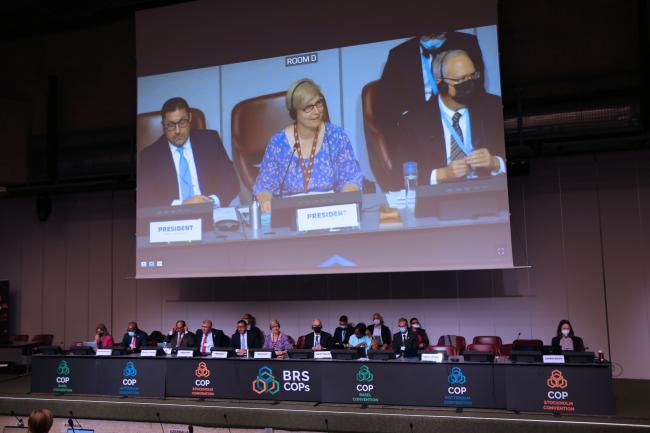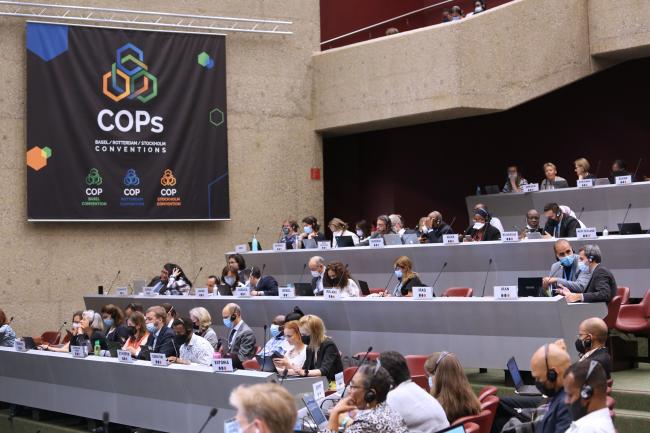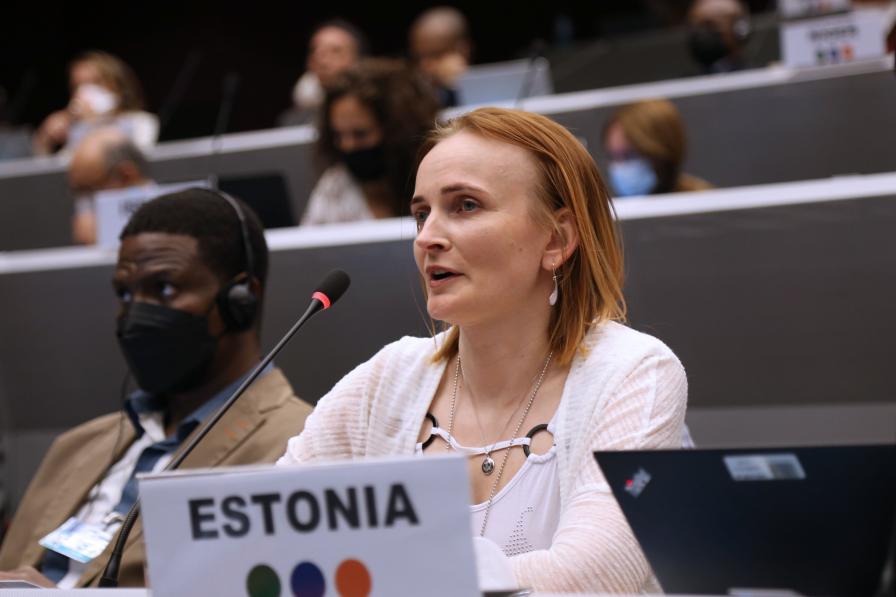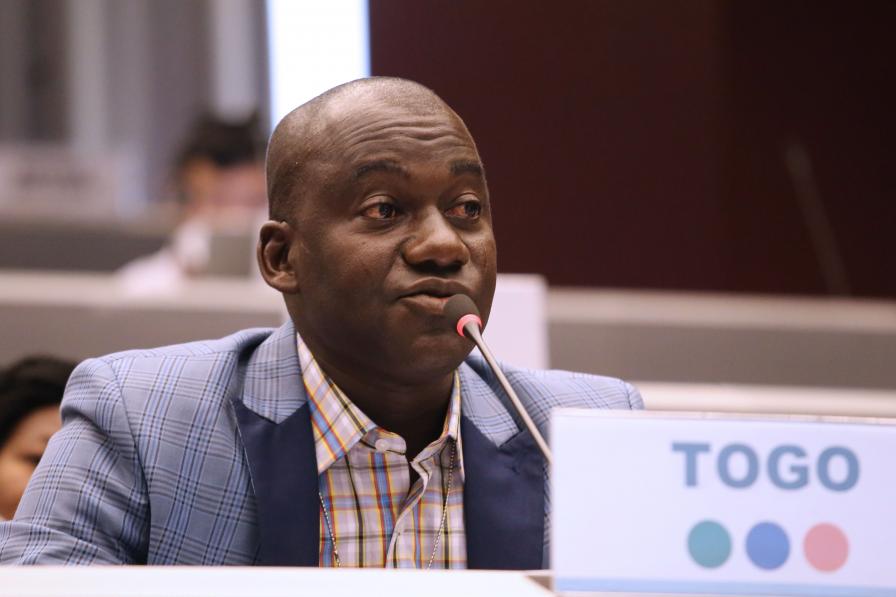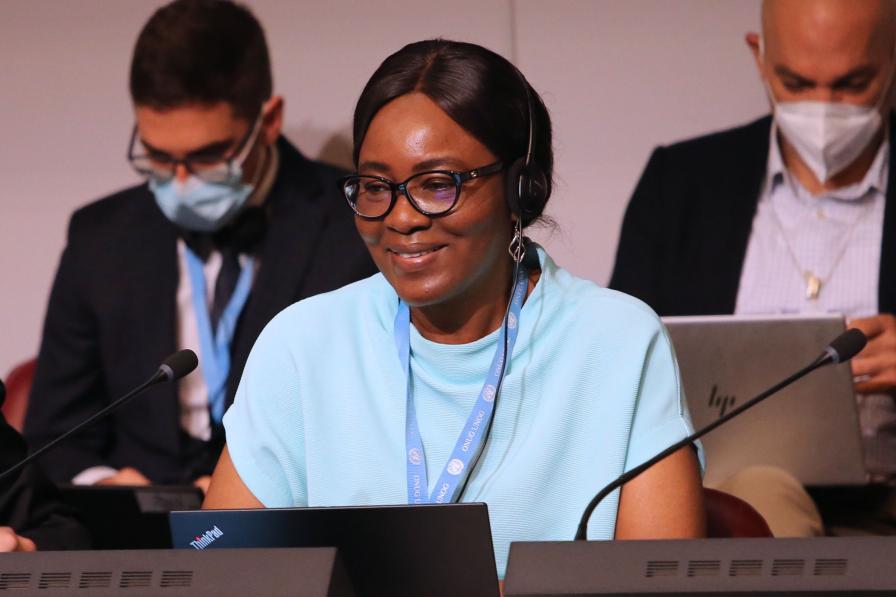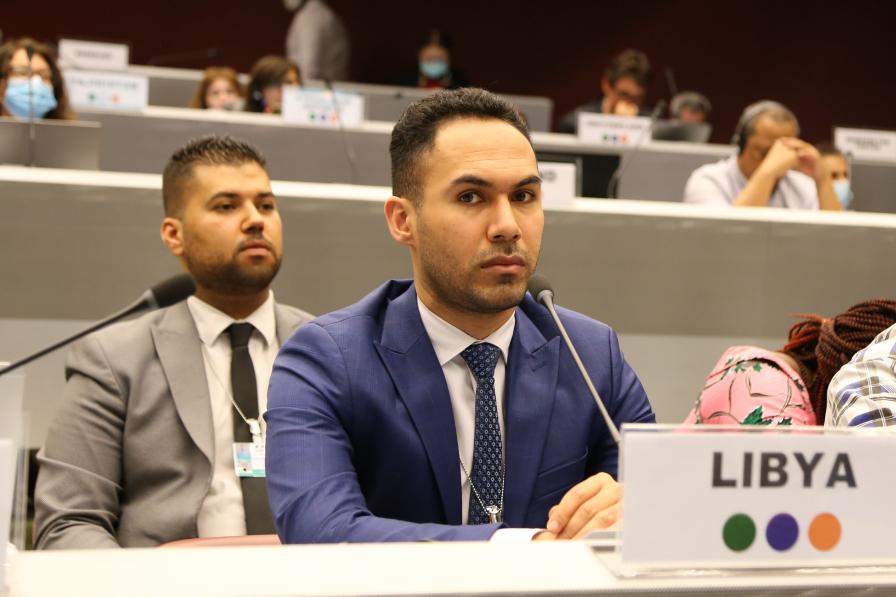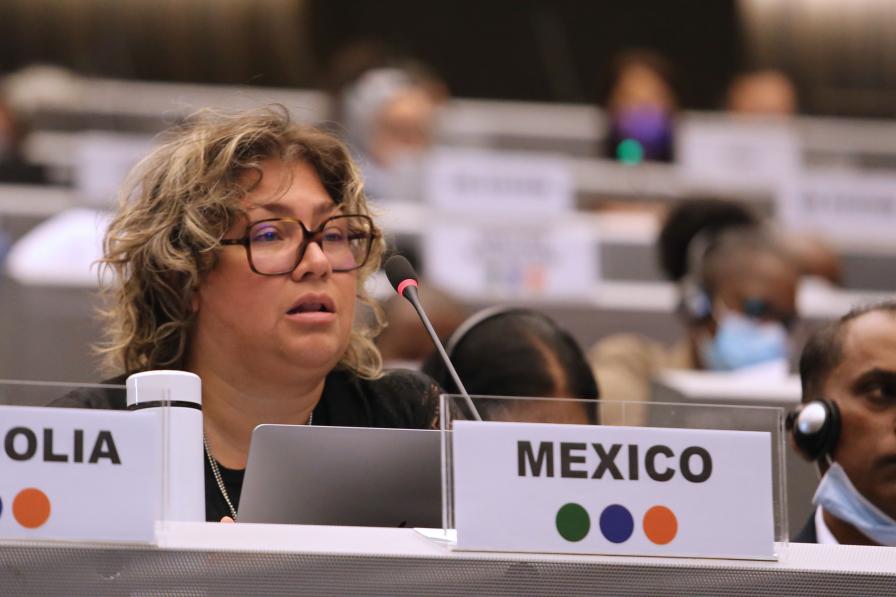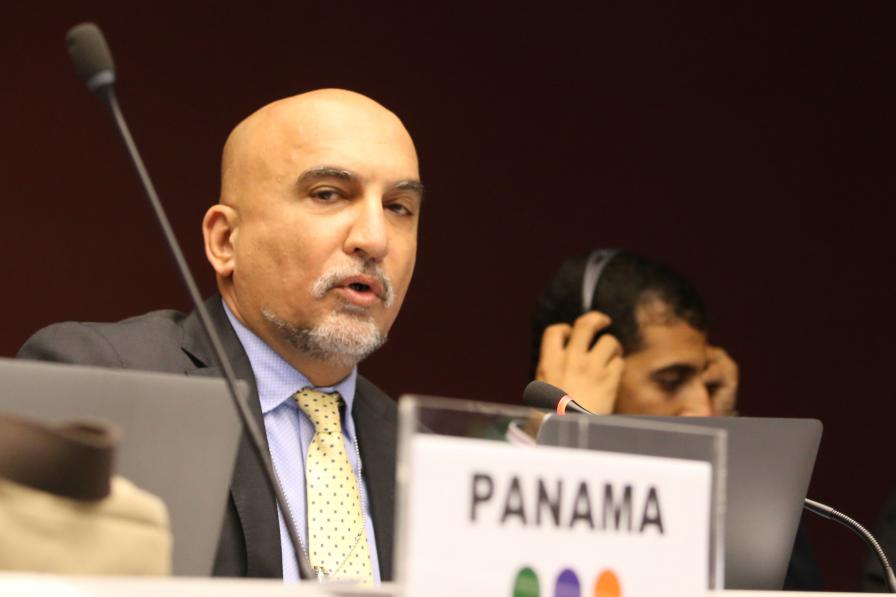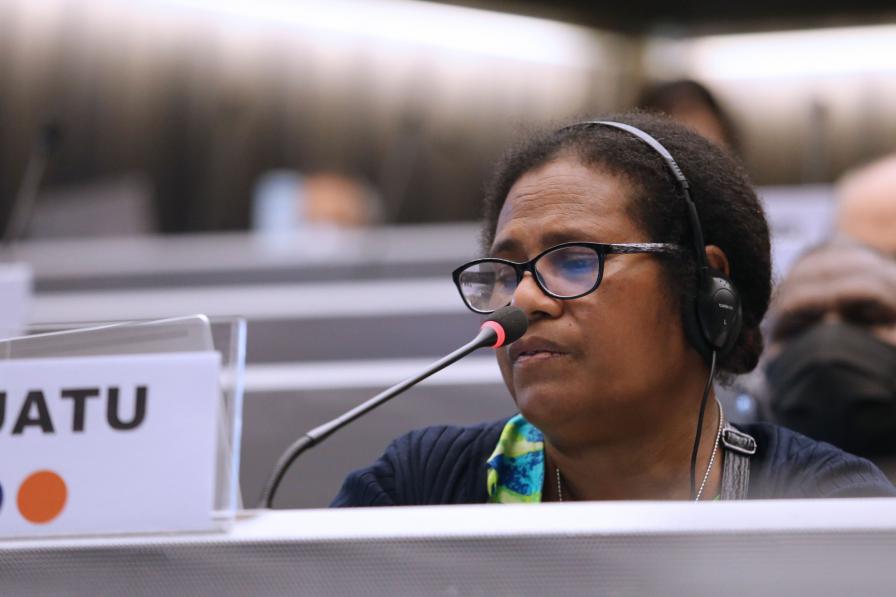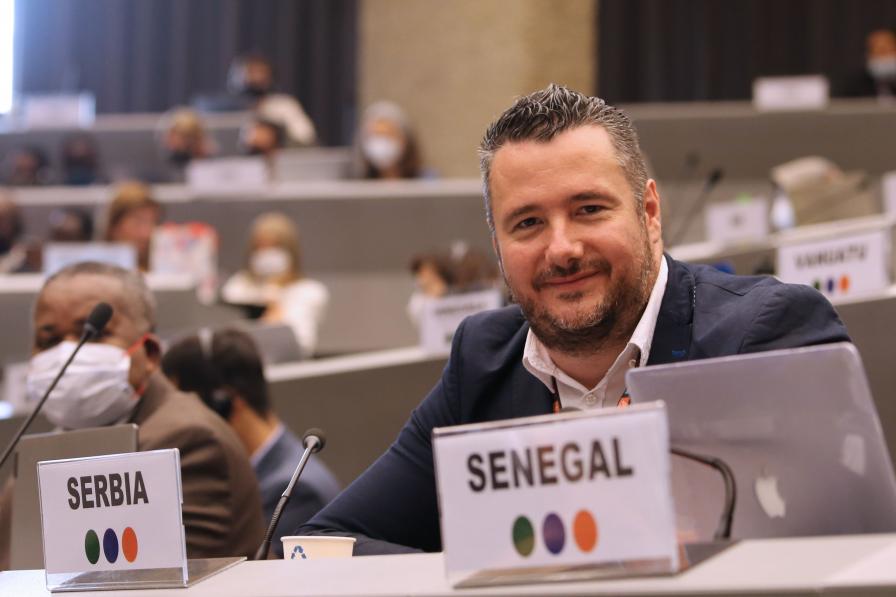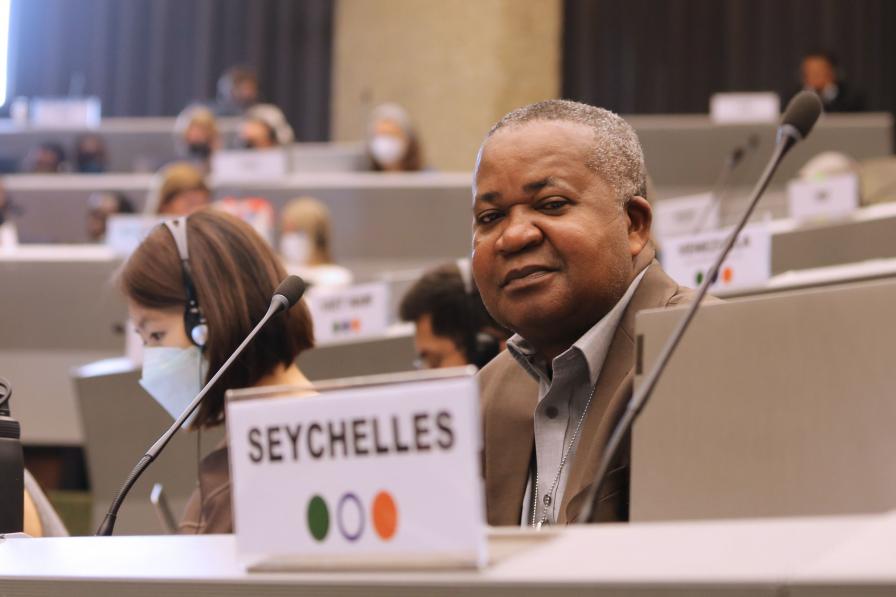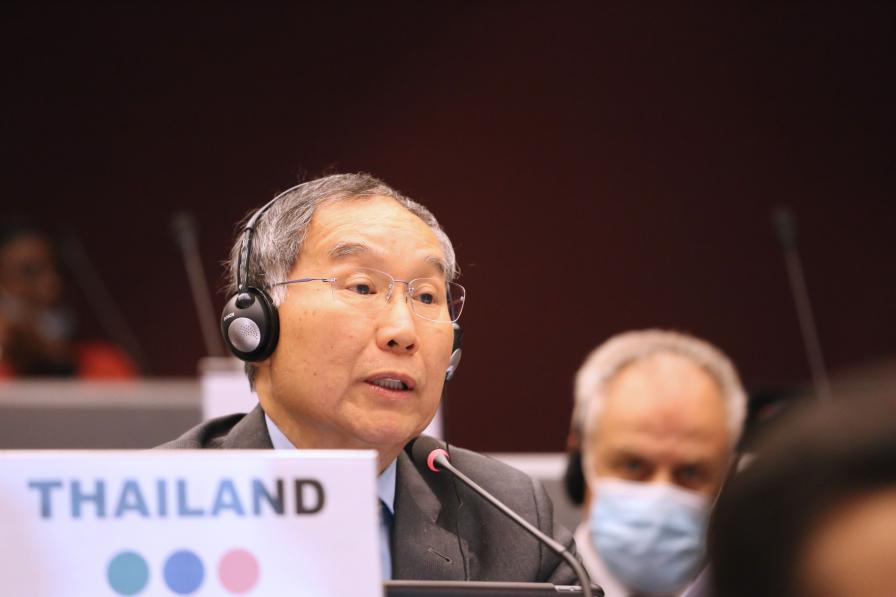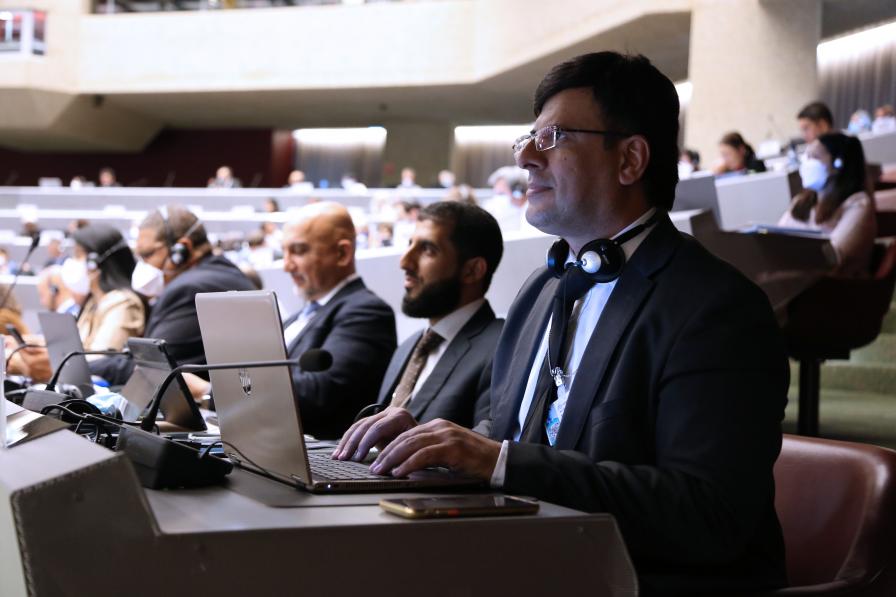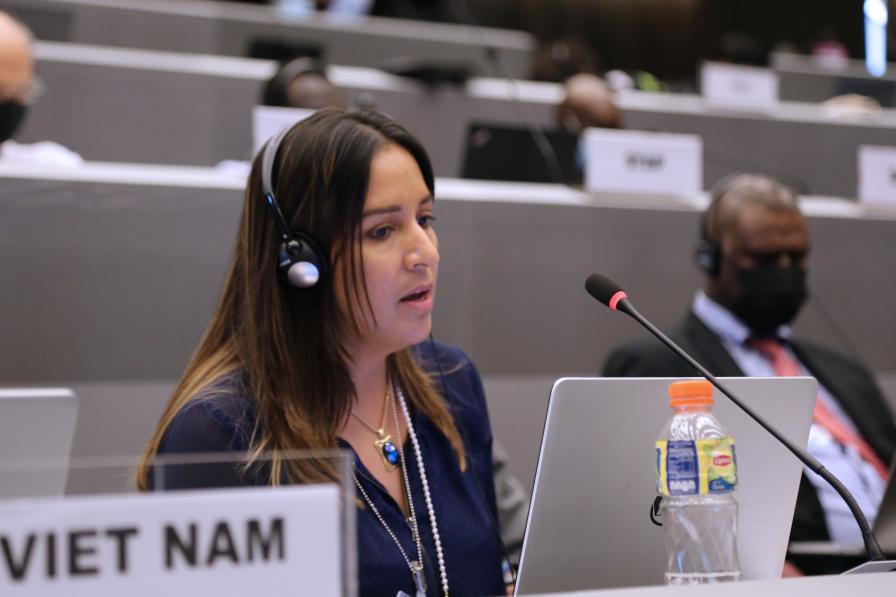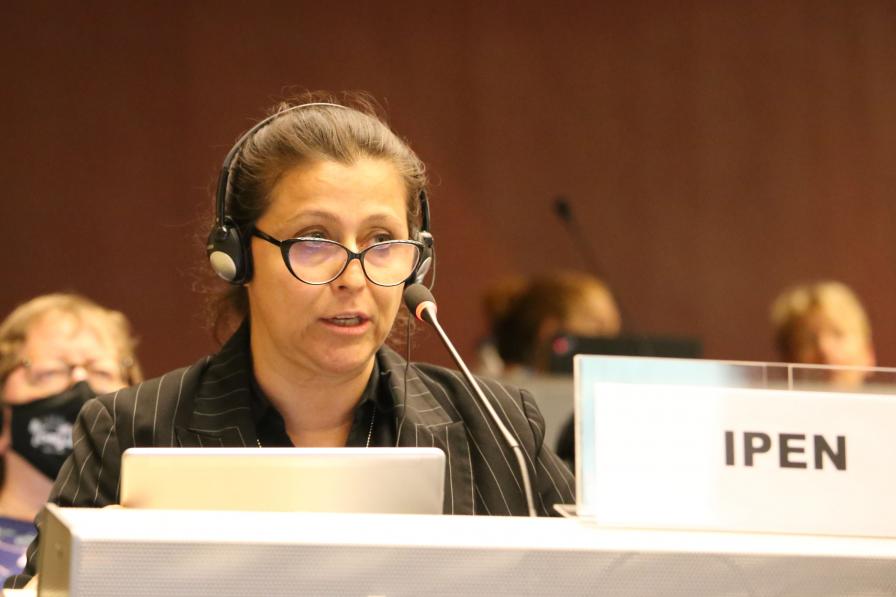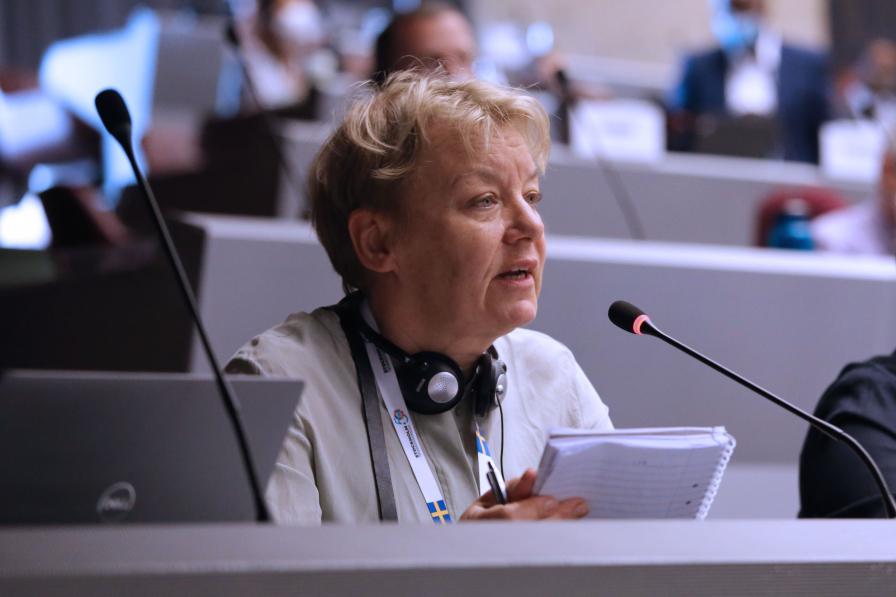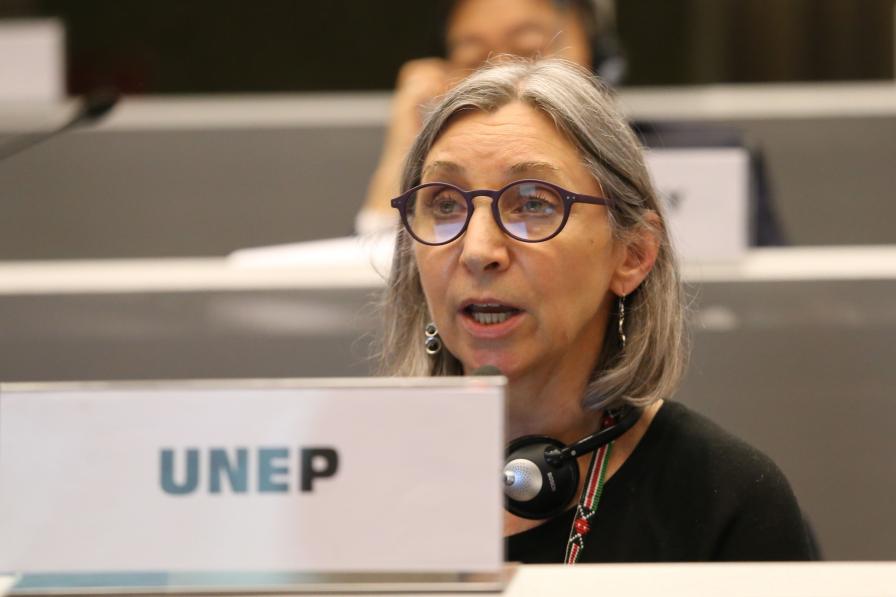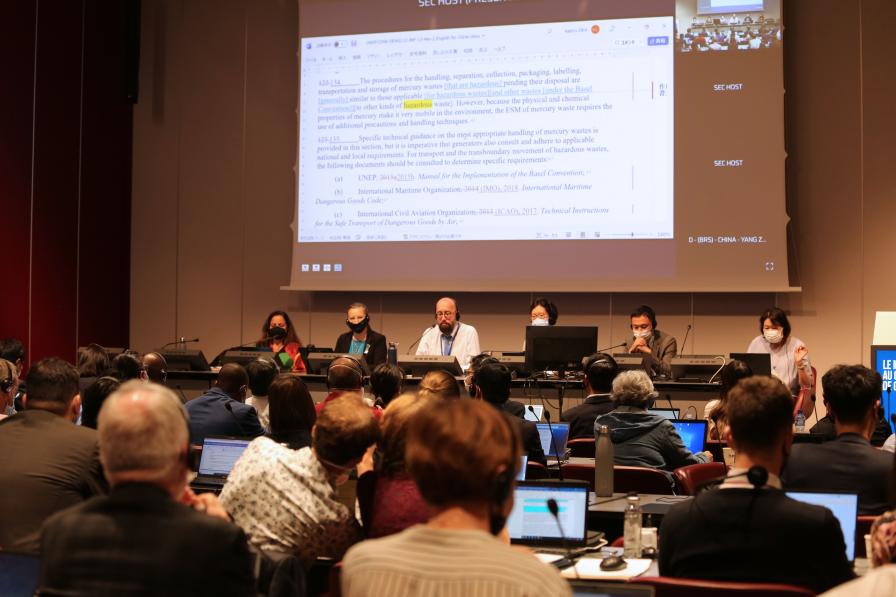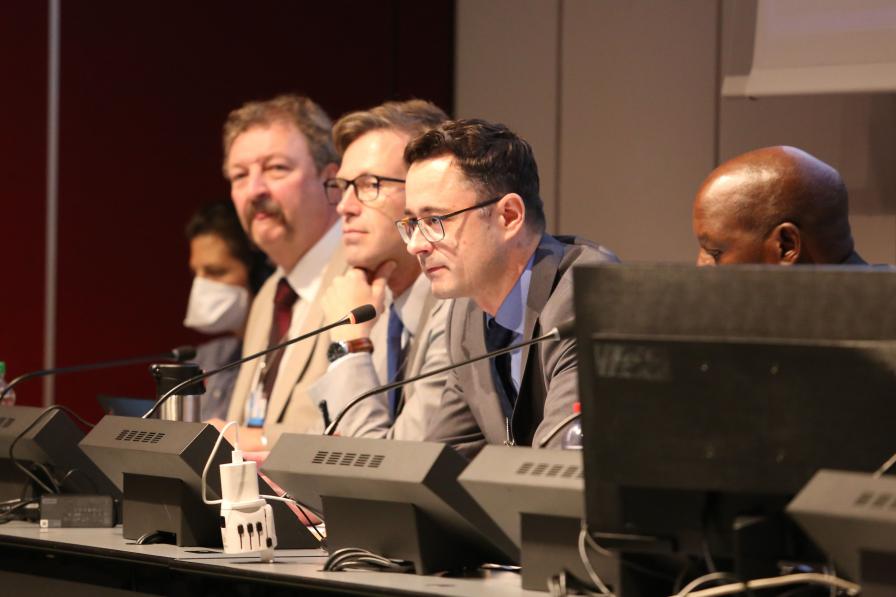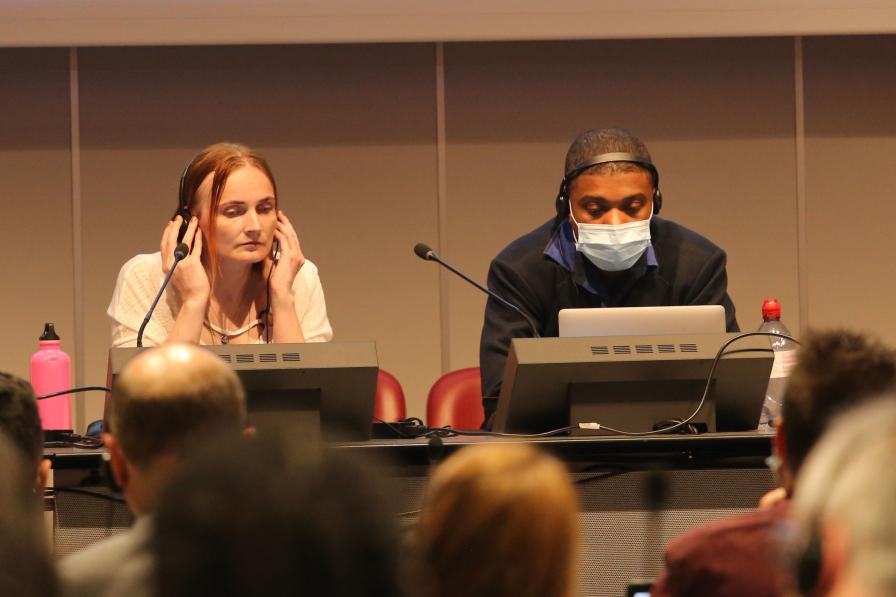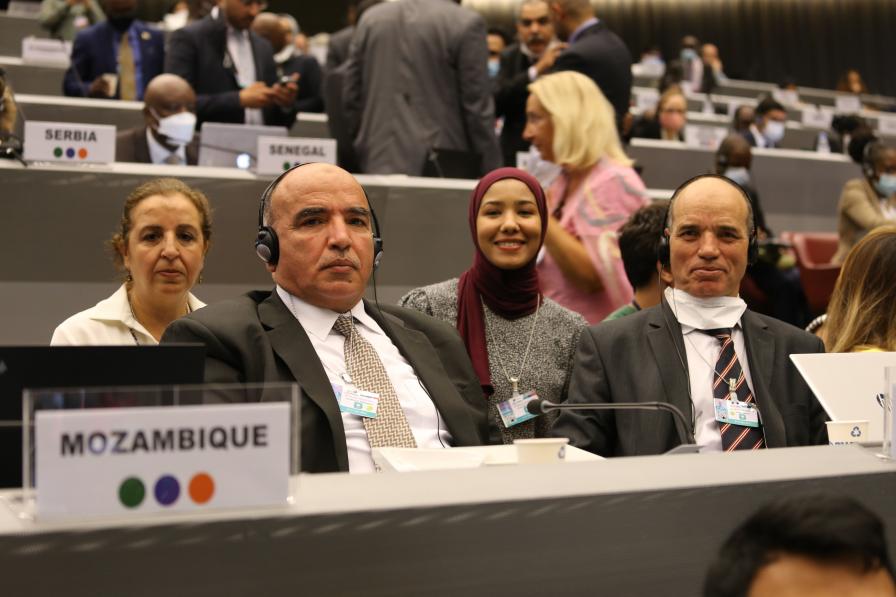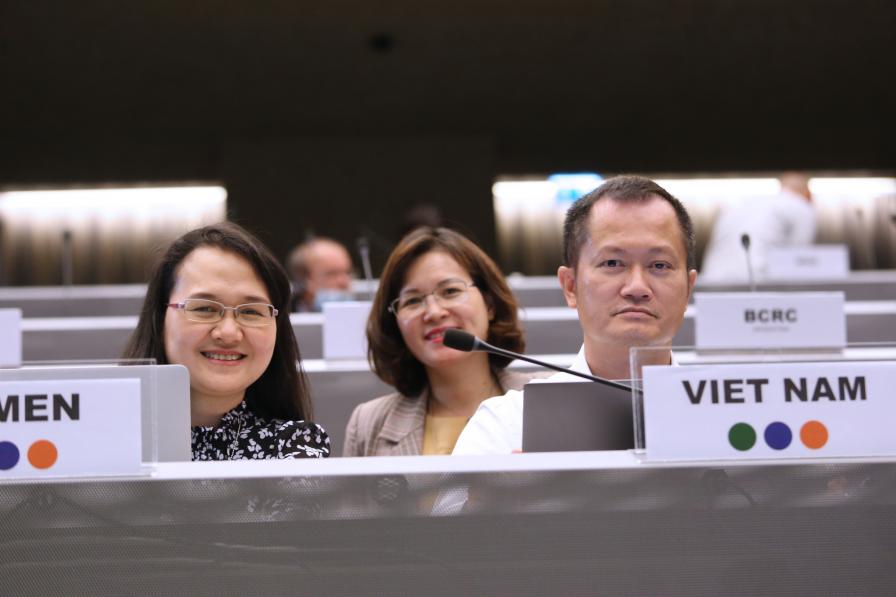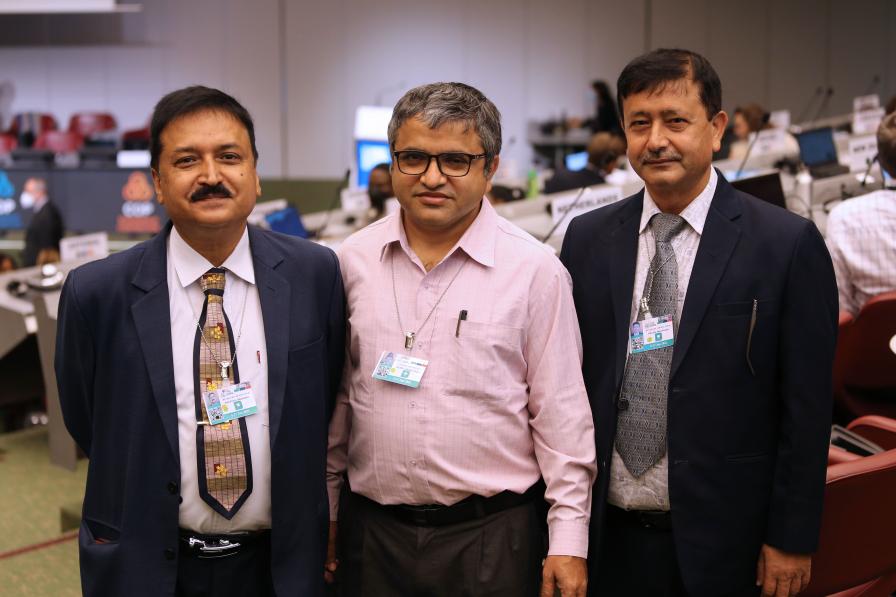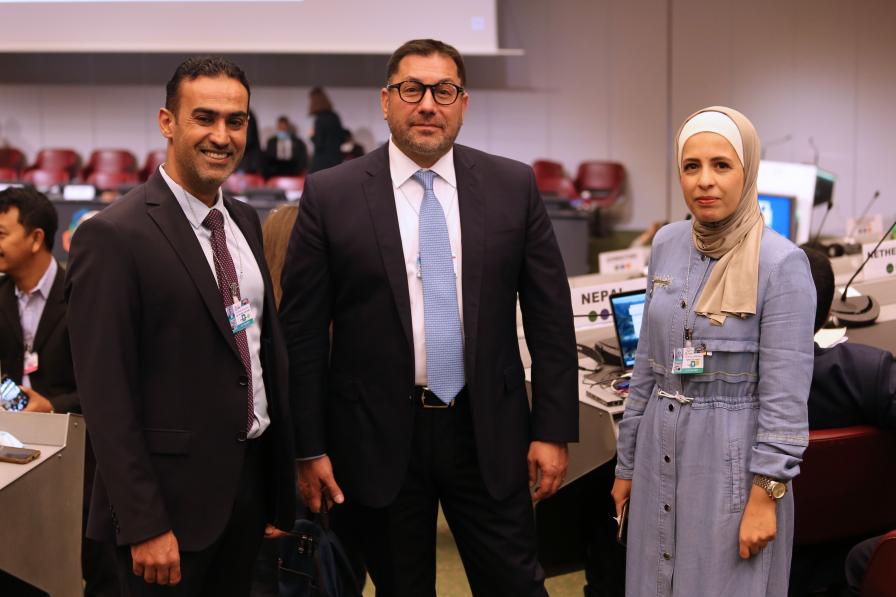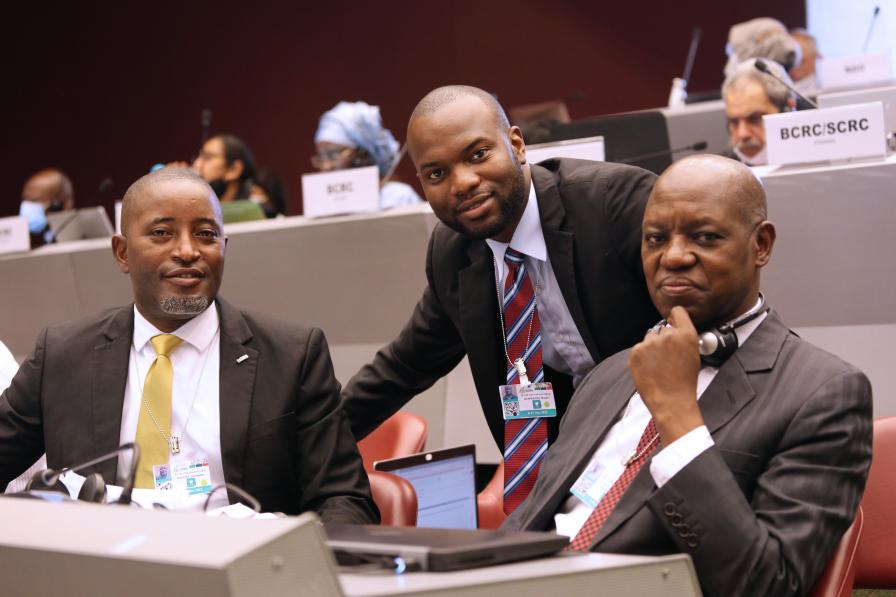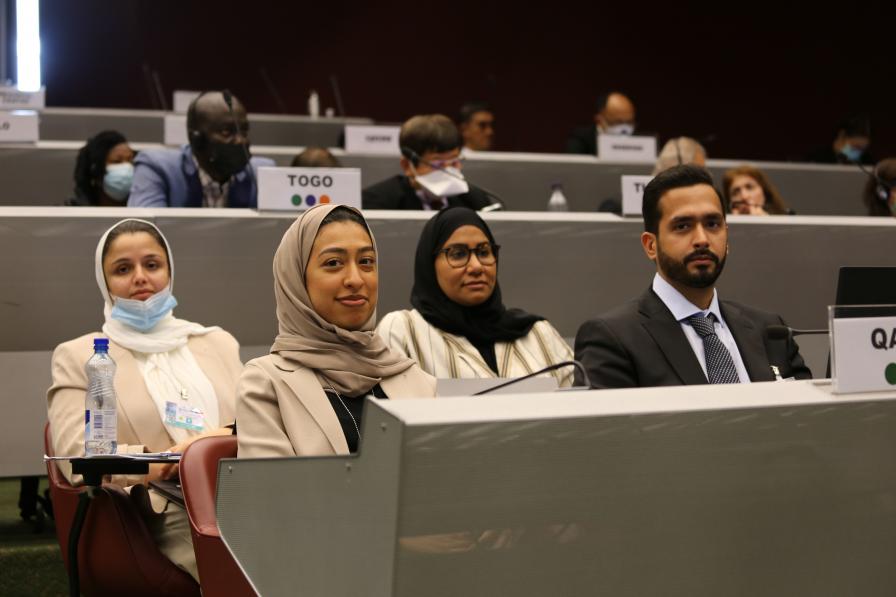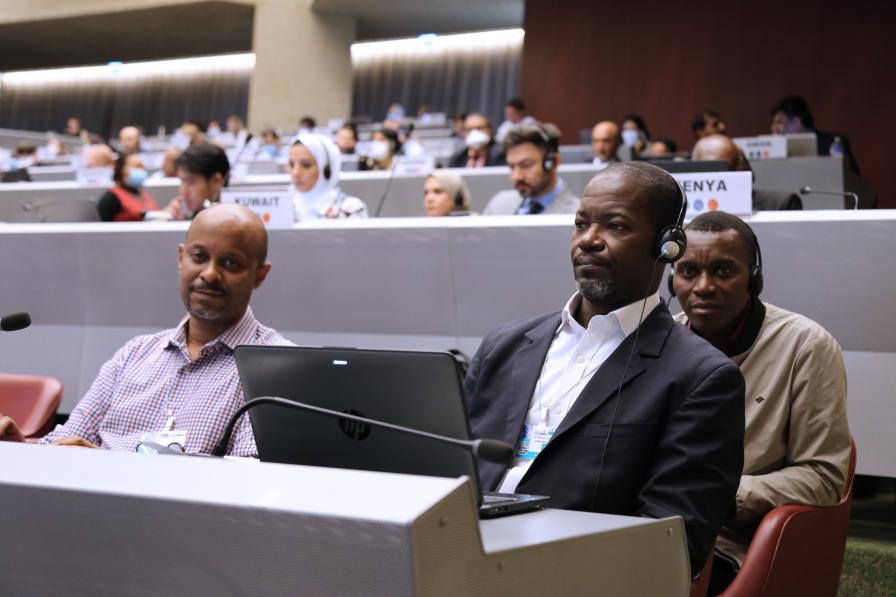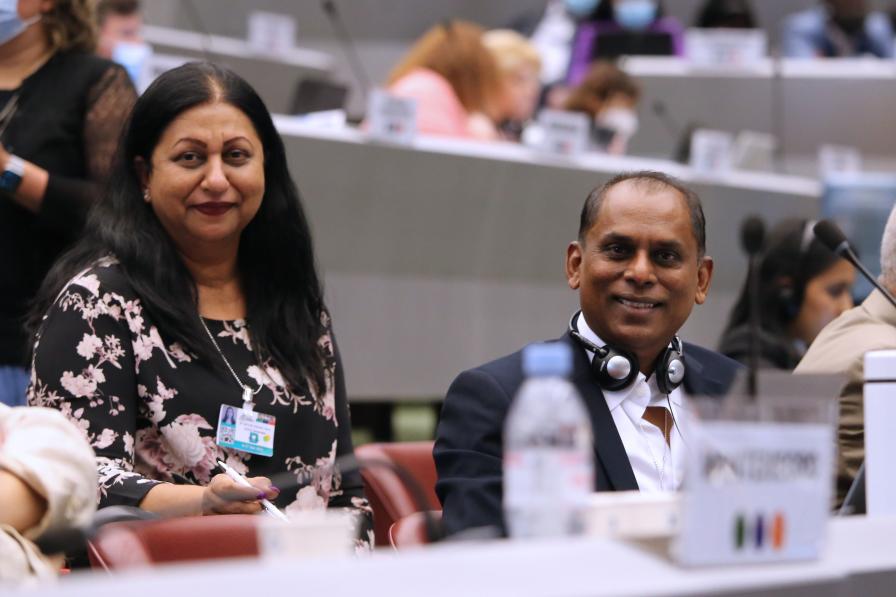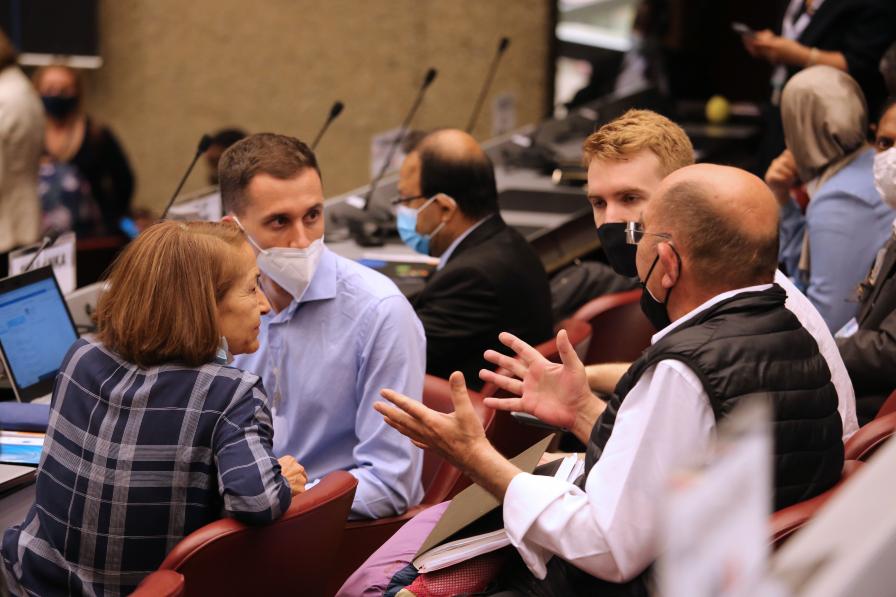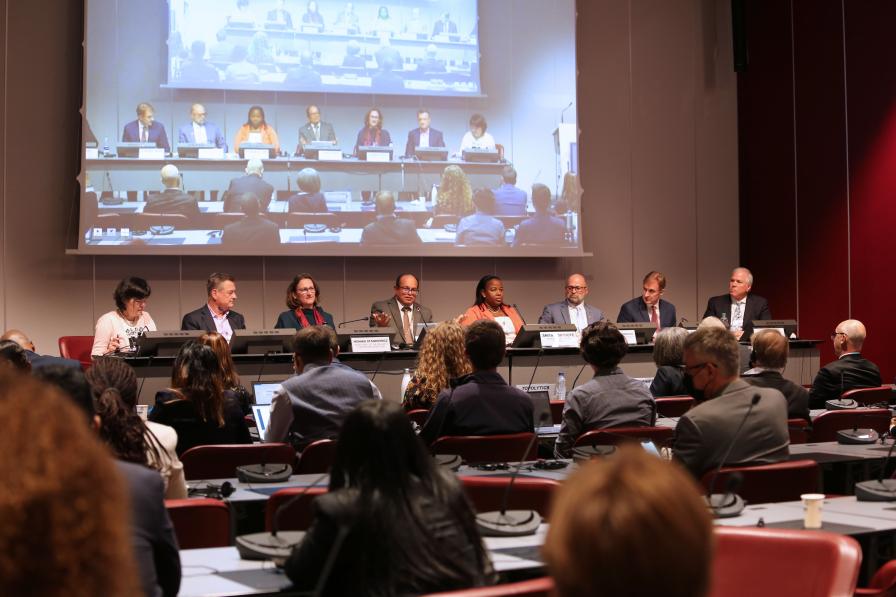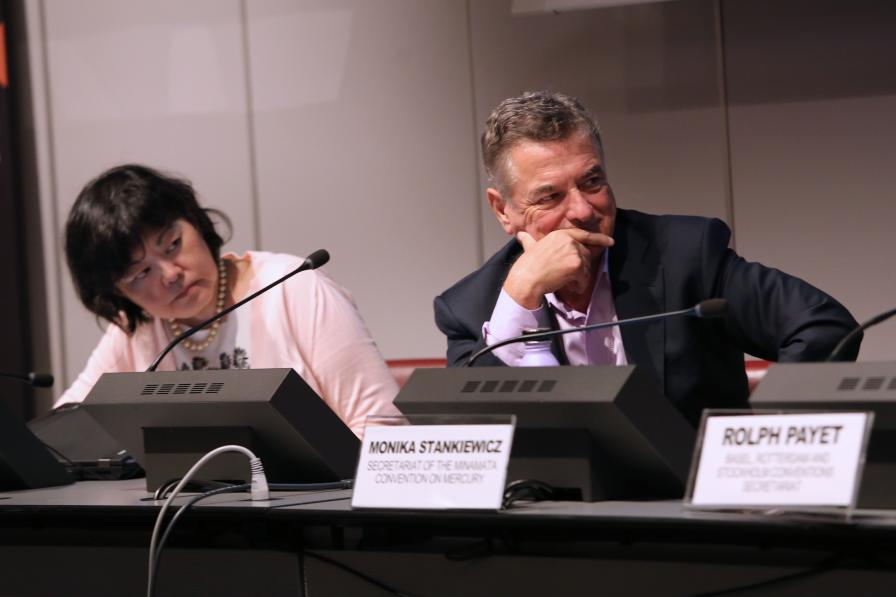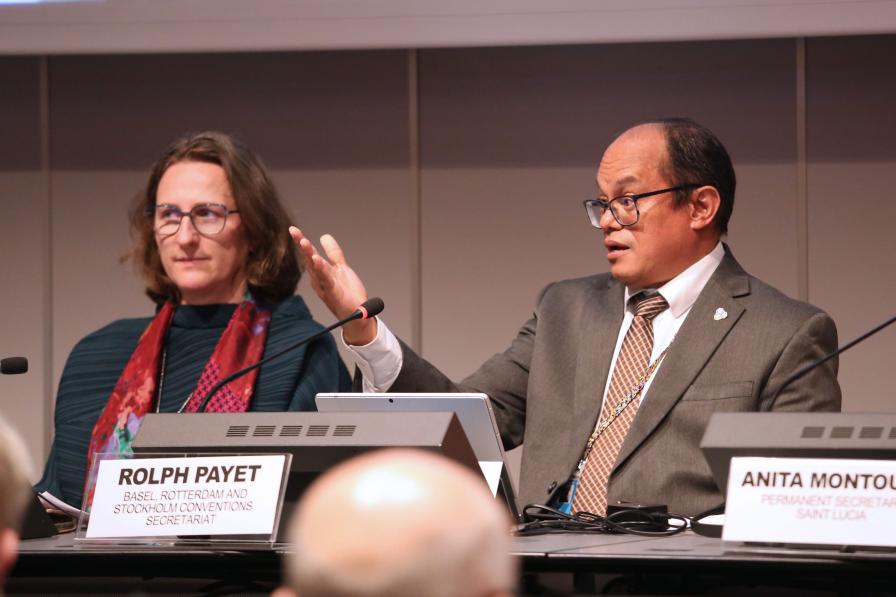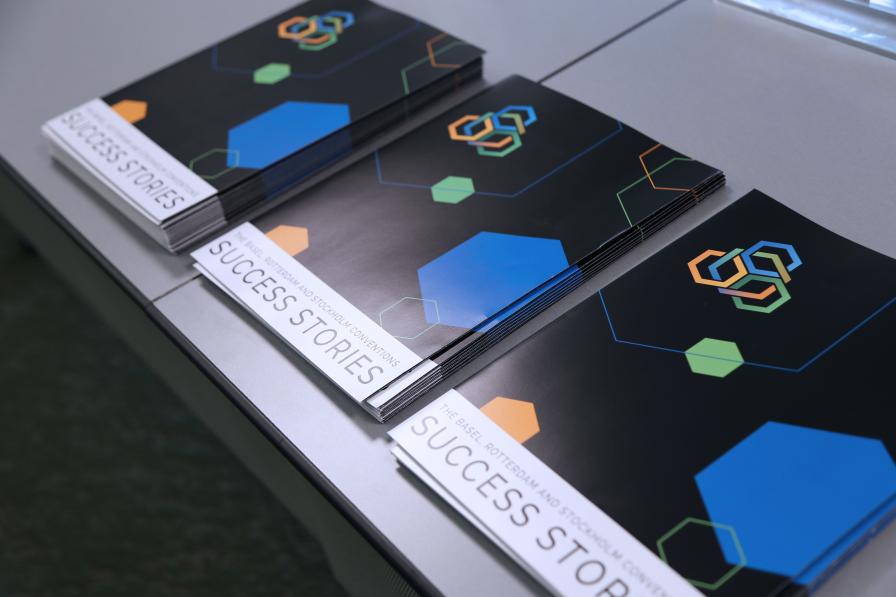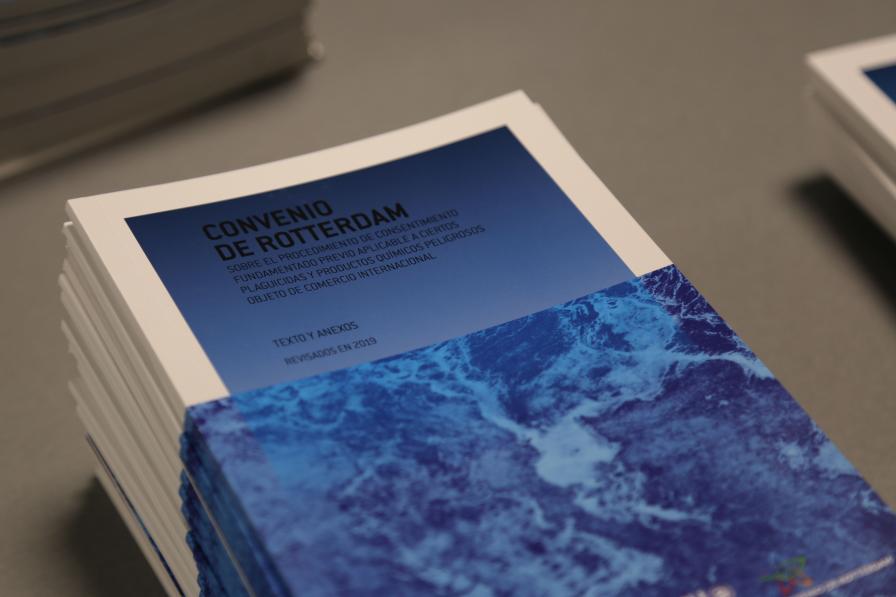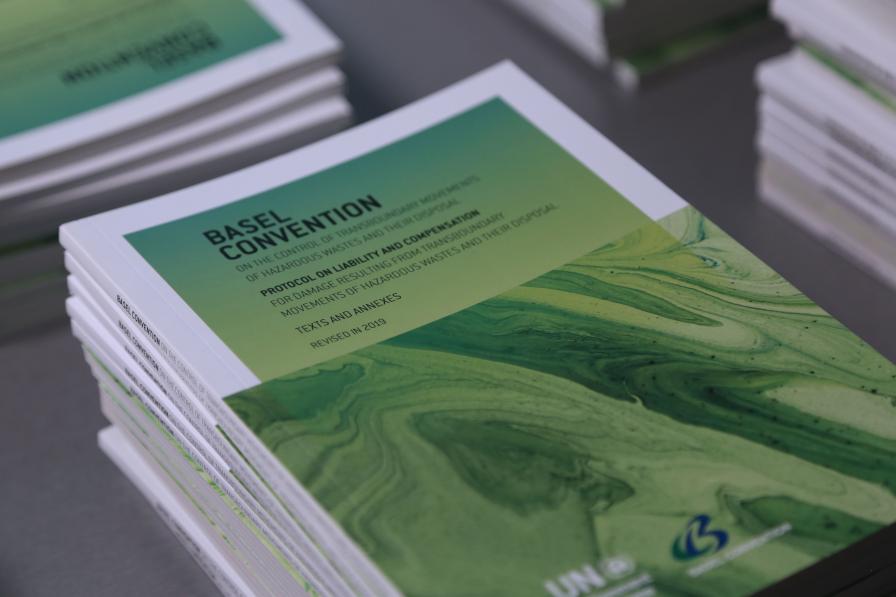The second day of the Basel, Rotterdam, and Stockholm (BRS) Conventions TripleCOP featured a mix of technical work and political considerations.
To dive deeper, read the full Earth Negotiations Bulletin daily report.
Chemicals and waste are everywhere, requiring capacity to be identified and safely managed. It can be difficult to distinguish hazardous waste from non-hazardous waste, especially if the difference is how much of a chemical is in the product. There are also stockpiles of pesticides, industrial chemicals, and other dangerous wastes lingering, probably continuing to affect human health and the environment. It can be arduous to identify all the various chemicals and wastes present in a country that should be safely managed.
For these reasons, among many others, there was considerable debate on how to support developing countries in managing these risks. The “twin issues” of financial resources and technical assistance were opened for the Conventions, starting discussions that will likely last the full two weeks of the meeting. Later in the day, when addressing compliance issues, including establishing the long-awaited compliance mechanism under the Stockholm Convention (SC), many developing countries underscored that their ability to comply with the Convention relies on the provision of support be it monetary or technical.
In small groups, delegates worked through technical issues under the Basel Convention (BC) that will address the global flow of wastes and their management within countries. Discussions on the draft technical guidelines for plastic waste acknowledged that these guidelines could help inform the newly-launched negotiations for a treaty on plastic pollution. Experts working on how to address electronic and electrical waste (e-waste) grappled with the complexities of this quickly-changing and often mixed waste stream.
Side events throughout the day also underlined the need for effective support to developing countries that often experience the effects of chemicals and wastes that they did not produce. Some focused on the power of information, such as the “Data to Action” event and the launch of the ISLANDS programme that seeks to support low or no-chemical development in small islands. The Global Minimum Transparency Standard helps companies disclose the chemical content in their products. Other events focused on e-waste challenges and persistent organic pollutants (POPs) stockpiles.
To receive free coverage of global environmental events delivered to your inbox, subscribe to the ENB Update newsletter.
All ENB photos are free to use with attribution. For photos please use: Photo by IISD/ENB | Angeles Estrada Vigil
